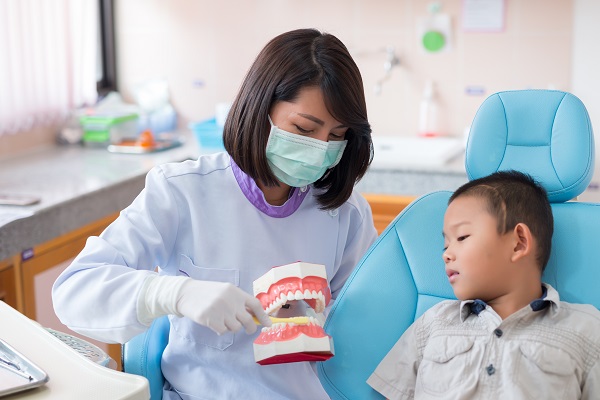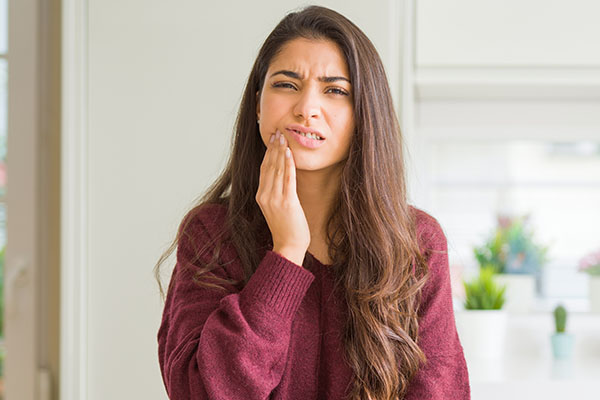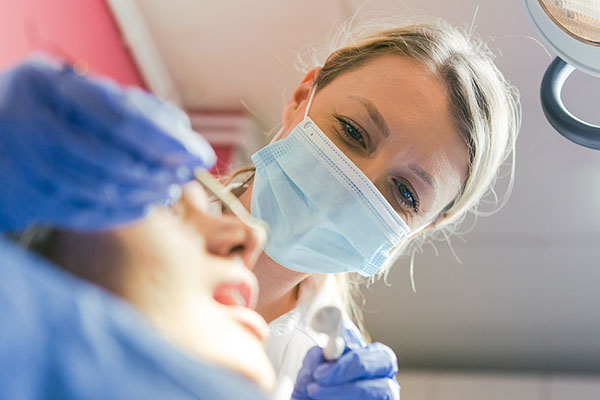Dentistry for Children: Take Your Child to a Preventive Dentist

Every dental practice understands the essence of preventive care, which is why we recommend taking your child to a preventive dentist. Preventive dentists do not seek to treat regular oral issues, they also want to avert their occurrence. Preventing issues such as cavities from happening means undergoing fewer dental procedures and a lasting natural smile that will prove beneficial in life.
The preventive care processes
The most effective way to help a child prevent common oral health conditions is with regular dental cleanings. Dental experts recommend taking the child to visit the dental office every six months. During the cleaning appointment, dental tools will be used to clean away any food debris around the teeth and gums.
The cleaning process helps to eliminate bacteria and plaque. When plaque accumulates on the teeth, cavities form and eventually causes gum disease. Keeping the teeth clean of the debris is essential for the patient’s oral health and wellbeing.
The child’s dental appointment will also include a thorough dental evaluation by the preventive dentist. For the evaluation, the child’s dentist will carefully check the state of each tooth while concurrently looking for signs of any common dental issue. X-rays of the child’s dentition may need to be taken for a thorough diagnosis.
Often, the physical evaluation does not give sufficiently detailed information on the patient’s oral health. However, with the images from the X-ray device, the dentist will fully understand the condition of the teeth.
After the child’s dental appointment, the kid-friendly dentist will share their findings with you. If the child requires no extra treatment, then no other appointment will be necessary until after six months. If the child needs treatment, however, the dentist will discuss the child’s treatment options with you and alleviate your concerns.
The preventive dentist will teach you how to properly care for your child’s oral health, including tips for correct flossing and brushing. They can help your child adopt healthy habits early to ensure excellent dental health throughout their lifetime.
Preventive care options
Dental sealants
To prevent your little one from experiencing dental cavities, the preventive dentist may recommend dental sealants. This procedure offers physical protection through the application of a special liquid on the teeth’s chewing surfaces. The treatment takes only a few minutes, but the protection it offers can last for several years.
Custom-made mouth guards
If your child participates in sports, the preventive dentist can provide mouth guards to protect the child’s mouth from injury.
Toothpaste and mouthwashes
Rinsing the mouth with antibacterial rinses, along with regular brushing and flossing is essential for preventing plaque buildup before it causes gum disease. The preventive dentist can give the child a floss for extra protection.
In conclusion
If your child does get dental caries despite going to a preventative dentist, then the dentist will use composite fillings to fill the gap. With composite fillings, dental decay can be treated without leaving any obvious scar. Tooth-colored fillings are preferred because they can be customized to be identical to the appearance of the natural teeth. This makes it hard to distinguish the treated tooth after the treatment.
Request an appointment here: https://www.lilburnfamilydentistry.com or call Lilburn Family Dentistry at (770) 800-0178 for an appointment in our Lilburn office.
Check out what others are saying about our services on Yelp: Read our Yelp reviews.
Recent Posts
Curious about what a restorative dentist does? Read on to learn more. The unexpected nature of dental injuries can turn ordinary moments into emergencies. These injuries impact oral health and comfort, whether it is from sports mishaps, accidental falls, or an auto accident. A restorative dentist has the skills and tools to repair and restore…
Restorative dentists aim to protect or restore your oral health, function, and appearance. Achieving these goals often involves repairing or replacing missing or damaged teeth. While they offer many restorative services, here are the five most common.A restorative dentist will introduce a dental bridge to ensure the teeth do not shift after a tooth is…
When sudden dental pain occurs, an emergency dentist can provide critical relief and timely treatment. A toothache often appears unexpectedly, disrupting daily activities or restful sleep at night, signaling that you need urgent dental care. Understanding what steps to take when this type of pain occurs can help prevent further complications to your teeth and…
Are you looking for a restorative dentist for your dental needs? Knowing where to start when beginning this search can be difficult, though you can utilize many resources. That said, you will need to consider a few factors when looking for the right dentist. Continue reading to learn more!Here are a few helpful tips for…


